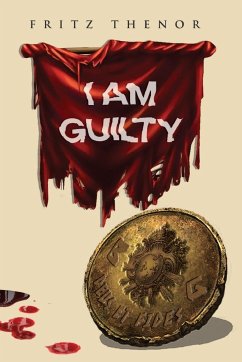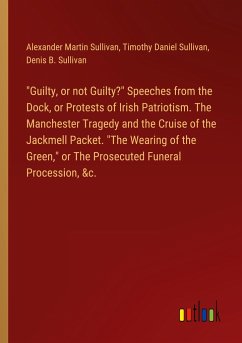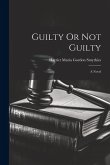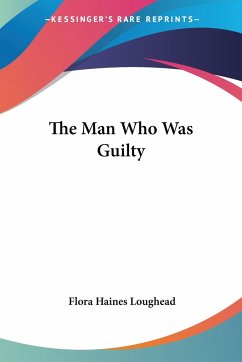In the 1980s, five young women were found raped and brutally murdered in Chicago, Virginia Beach, San Francisco, New York, and Miami. The police could not find the perpetrators of those murders, in spite of their diligence. Those cases were classified as unresolved murder cases and stored in the police archives. After seven years, in the dead of the winter, a man approached a police officer in downtown Chicago and confessed that he had committed those murders, in spite of the police's Miranda warning. The man, who had been hospitalized several times for mental illnesses, alleged that he had been harassed by voices compelling him to confess. Those five murder cases then leaped up from oblivion. The public was shocked. And when they had learned that the rape-murder occurred after the patient was discharged from the psychiatric hospital, they became incensed, blaming the psychiatric hospital for the negligent discharge to the community of a dangerous, mentally ill patient. The following questions were raised: Should the court accept a confession from a mentally ill person? How would the judge adjudicate a defendant who wanted to be executed for his alleged crimes? How would the defense attorney assist a defendant who did not want to present a defense? In what measure was this case going to affect the deinstitutionalization movement of the mentally ill?
Hinweis: Dieser Artikel kann nur an eine deutsche Lieferadresse ausgeliefert werden.
Hinweis: Dieser Artikel kann nur an eine deutsche Lieferadresse ausgeliefert werden.








